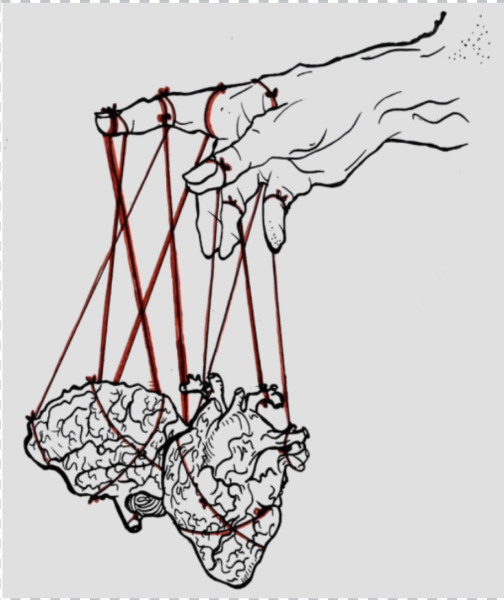The word talent is defined as “possessing a natural aptitude for a skill”. Today’s society is built upon harnessing people’s special abilities. So what determines each set of skills, and are they built thanks to talent or handwork? In the domain of art, this question becomes particularly relevant as people’s success often becomes attributed to a perceived predisposition, but is that the case? Let’s take a look at the three distinct opinions on the matter.
The first viewpoint states that talent is necessary for success, but how do we know talent even exists? It is visible in the varied levels of skills apparent in younger children, as their strength often cannot be associated with hard work. Talent is also evident when examining the effort required to grasp a concept, as individuals with the predisposition can complete less work and receive better results(Current Issues in Sport Science 3 ,2018). All this proves the existence of talent, but how does it influence later decisions? These early or gradually revealed talents are often recognized by surrounding adults, pushing children to pursue a given direction. Additionally, such exceptional abilities lead to high self-satisfaction and a craving for further approval, encouraging additional pursuit. The sense of accomplishment creates an association with positive emotions, making someone significantly more likely to feel a connection to the subject and continue striving in the field. According to Howard Gardner, every person possesses a unique type of intelligence, highlighting the idea of various talents that allow for diversity within human capabilities. This preexisting set of strengths and weaknesses predisposes people to an area of expertise, predetermining success in given fields. For instance, arts, sports, math sciences and languages, as an individual’s way of thinking about problems permit faster understanding of either strict or non-strict concepts.
The second outlook argues that hard work can outbeat talent. This approach claims that with sufficient effort, the gap between lacking the initial ability and those born with natural talent can be bridged. The necessity to work harder often becomes a long-term advantage applicable to other areas of life, as it teaches perseverance and sustained effort during harder times, making people less dependent on others’ approval. Passion becomes a very important area within this argument as it is often created through effort, as actively watching yourself improve drives a need to excel to make the work worthwhile. The 10′ 000-hour theory developed by Malcolm Gladwell states that achieving mastery in any domain requires 10′ 000 hours of work. This concept is supposedly applicable to anyone, no matter their initial skills, actively contradicting the claim that talent is necessary. Instead, advertising the need to invest in education and providing the necessary time to succeed before making statements about people’s capabilities.
The final standpoint highlights how hard work and talent are equally important in shaping someone’s abilities. This perspective recognizes the importance of both sides as talent acts as the foundation, igniting a person’s interest through encouragement provided by their recognized potential. Nevertheless, talent in itself is insufficient, as to continue excelling in a field it is necessary to sustain development upon the initial skills. According to Angela Duckworth, “Talent counts, but effort counts twice” she recognizes the importance of both, but she defines talent as the required effort necessary to advance, meaning without rigorous work talents remain fruitless.
I believe that specifically in the realm of art, talent is necessary because as my friend defined it, “Talent is our hint from life for where we belong”. Just as athletes depend on genetic advantage, successful art requires a sense of balance and creativity along with other, inherent intuitions that can’t be acquired through hard work. Yes, art skills themselves can be taught to allow for technical proficiency. Nonetheless, genuinely exceptional artists possess a natural Unteachable understanding that sets them apart, elevating their work due to a heightened understanding of artistic expression. Nevertheless, the importance of hard work can not be ignored, as solely believing in talent can lead to misuse aimed at downgrading effort. According to a Y11 student, “Talent is simply the start of the road accessible only to the few, but hard work is the journey that shapes the ultimate destination”.


